Onsen: Nature’s Healing Waters
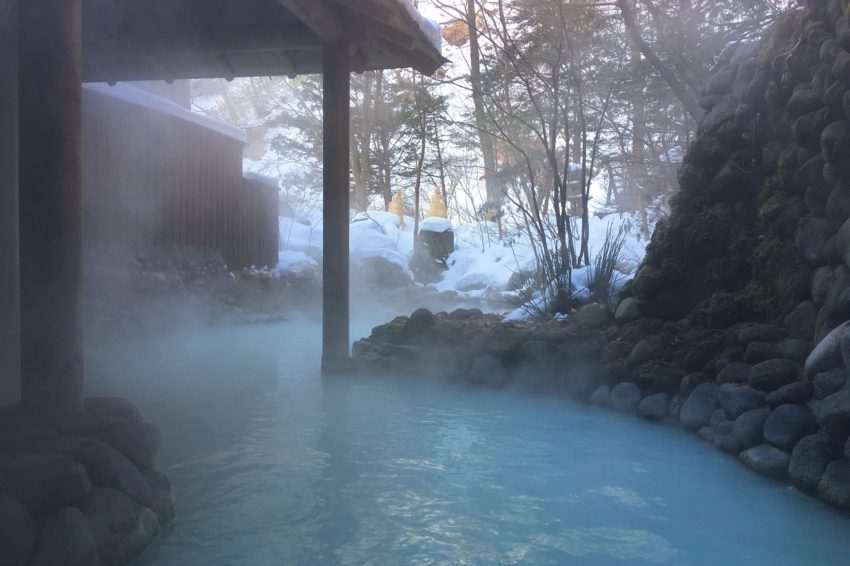
CONTENTS
Top Image: akiraorc via Pixabay
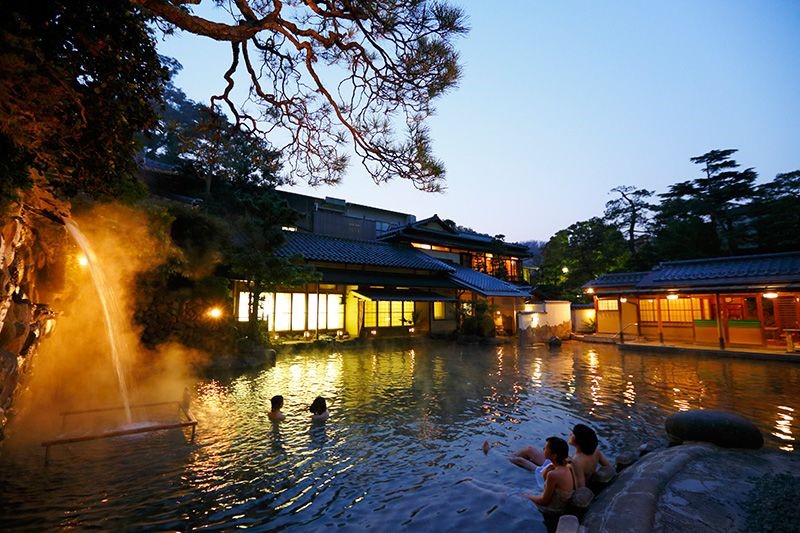
Chōrakuen, one of the hot spring inns representing present-day Tamatsukuri Onsen. Image courtesy of https://www.choraku.co.jp/
Japan retains a unique image in the world for its combination of a healthy diet, good medical system, and the long life expectancy of its people. The Japanese are in fact very cautious in nature and tend to give priority to safety and health. But what is the true secret of the locals’ longevity?
One of the key components that make Japanese life comparatively stable and healthy is the common habit of going to onsen. Onsen, or hot springs, are spread all over the country, and are a popular with people from all walks of life. Be it elderly couples or entire families, chances are someone in Japan is always partaking in these healing waters at any given time. It is said that there are more than 27 thousand hot spring sources all over Japan.
I personally love the onsen in Japan. The waters typically reach a temperature of over 42 degrees, but in different baths one can feel more comfortable with temperatures between 38 and 42 degrees. But what exactly is it that separates onsen from any other bath?
Onsen or Sentō?
There is actually a difference between an onsen and a sentō, or public bath. By definition, onsen use naturally hot water from geothermally-heated springs. Onsen waters typically contain distinctive minerals or chemicals, which the establishments will display for visitors in advance. Onsen can also be both indoors and outdoors, the latter being more common with natural volcanic hot springs to add to the atmosphere.
Sentō on the other hand are generally indoor public bath houses, where the baths are filled with heated tap water. They can be found in a wider range of areas, including in the middle of cities. Larger sentō are sometimes known as ‘super- sentō’ and may be the main source of bathing for those in apartments without a proper bath tub. There is also a difference in price between onsen and a sentō, the latter being the less expensive but less luxurious of the two.
Of course with both, one commonality is that bathers wash themselves before entering the tub; neither onsen nor sentō baths are intended for washing off dirt and grime; that part comes first. The real goal here is a calm, relaxing soak with others.
The Benefits of Onsen
Why are onsen so popular and even important in the Japanese culture and healthy lifestyle of its people? The phrase isshūkan hitomeguri (once-a-week visit) is often used in discussing the therapeutic aspect in hot springs to treat medical conditions and promote health.
Soaking in the waters stimulates the sympathetic and parasympathetic nerves, causing both a rise and then decrease in blood pressure, heart rate, and blood sugar levels. If all that sounds a bit daunting, rest easy; the ultimate effect is establish an equilibrium that helps the body stabilize and heal.
It is said that through this effect, onsen can provide skin and muscle care. The hot waters have positive effects on blood circulation and can help rejuvenate your skin.
It is thought that circulation of the blood stimulated by the hot waters might also improve problems like backaches, shoulder and neck stiffness, and muscle rigidity.
In Conclusion: Taking a Dip
Like many men and women in Japan, I also go to sentō once a week and immerse myself in the heated waters. It may not be an onsen proper, but one can still feel a sense of relaxation and healing. There are many sentō across major cities like Osaka, and they’re very affordable (between 400 and 800 yen). One can even stay there all day!
Nevertheless, I would like to partake in the real deal and go to a full-scale onsen, even if the prices can run much higher (in the 7,000-10,000 yen range). Once considered sacred places where people would go to cure their injuries and diseases, they are still held in high regard as a means of staying healthy and rejuvenated even in today’s world. I too want to go to one of the best onsen in Japan and soak myself in the healing waters of nature itself!
Image courtesy of Chōrakuen. Additional photos provided by pixabay.com
Photo Credits:
Top Image: akiraorc via Pixabay
Additional photo courtesy of Chōrakuen
All other content (text) created by the original author and © 2020 MUSUBI by Borderlink
RELATED
-
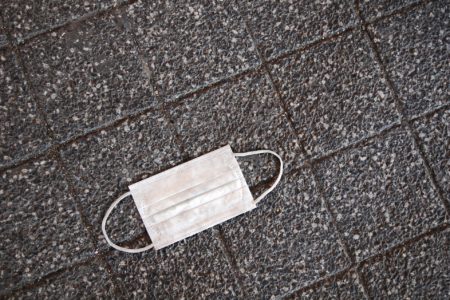
Corona Fear: How Japan is Coping
Top Image: danielbichler on Pixabay 2020 will be defined by any number of things, but no doubt the COVID-19 pa… -
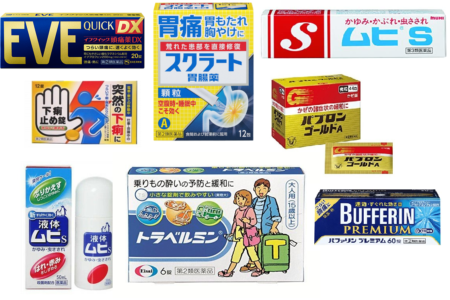
Must-Haves: Medicines at the Drugstore
Top Image Courtesy of Kristine Mayor When it comes to first aid in the home, it’s always best to be prepared w… -
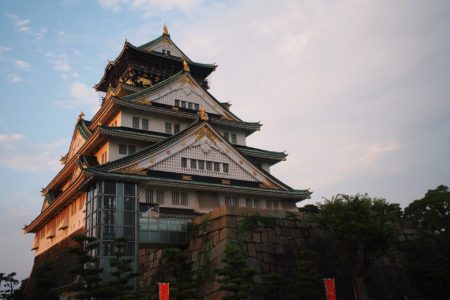
The Past is the Present in Japan
Top Image: leolevng on Pixabay A brief trip around the Osaka and Kashihara areas, and the ancient treasures on…
PEOPLE

Anacleto Bivone
From Italy
Has more than 10 years of living experience in western Japan!



